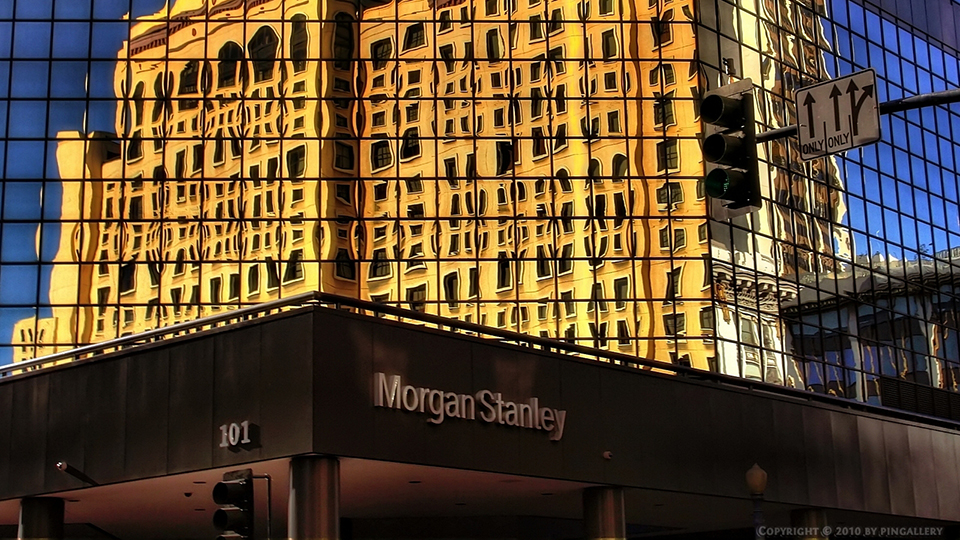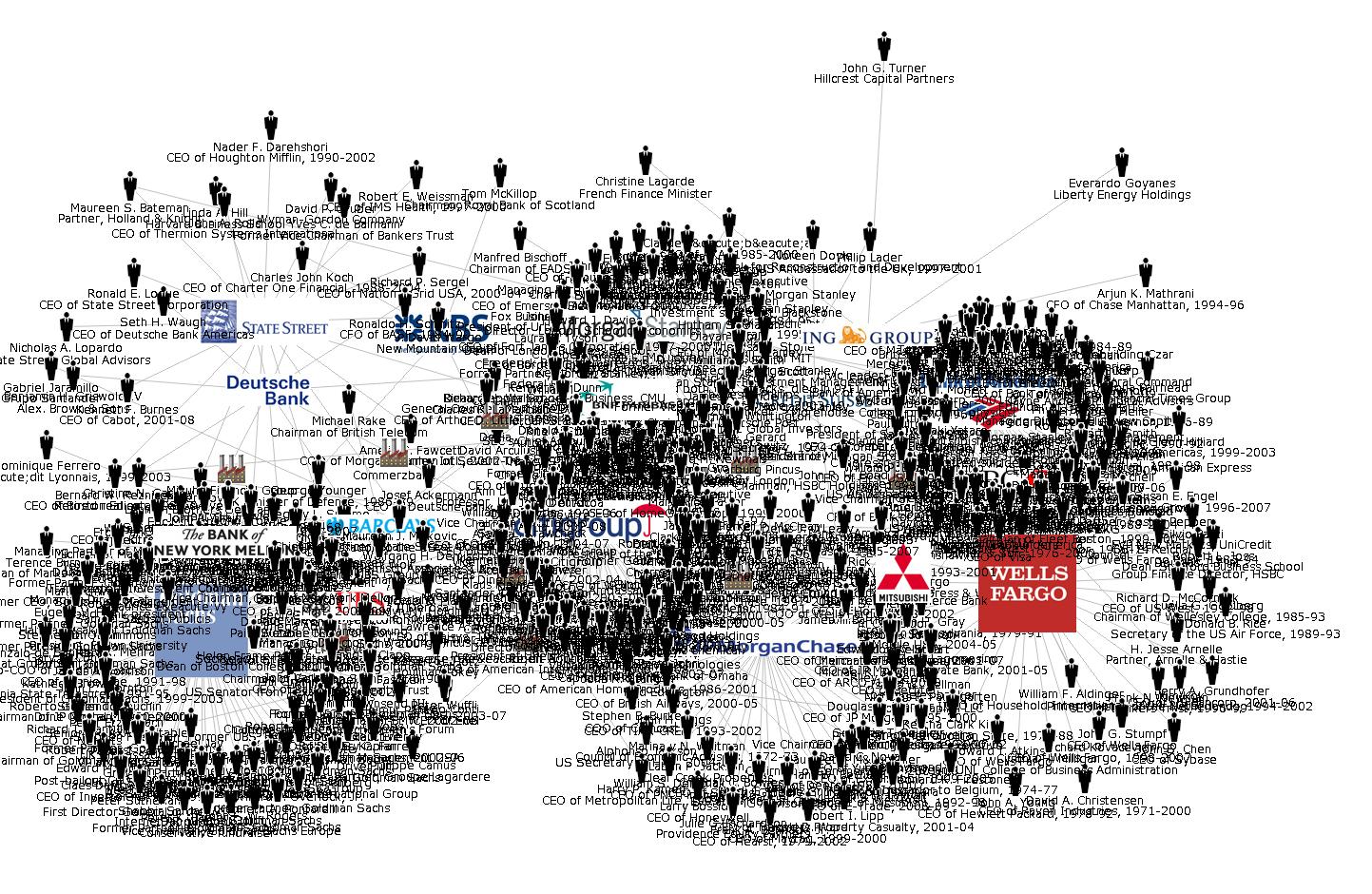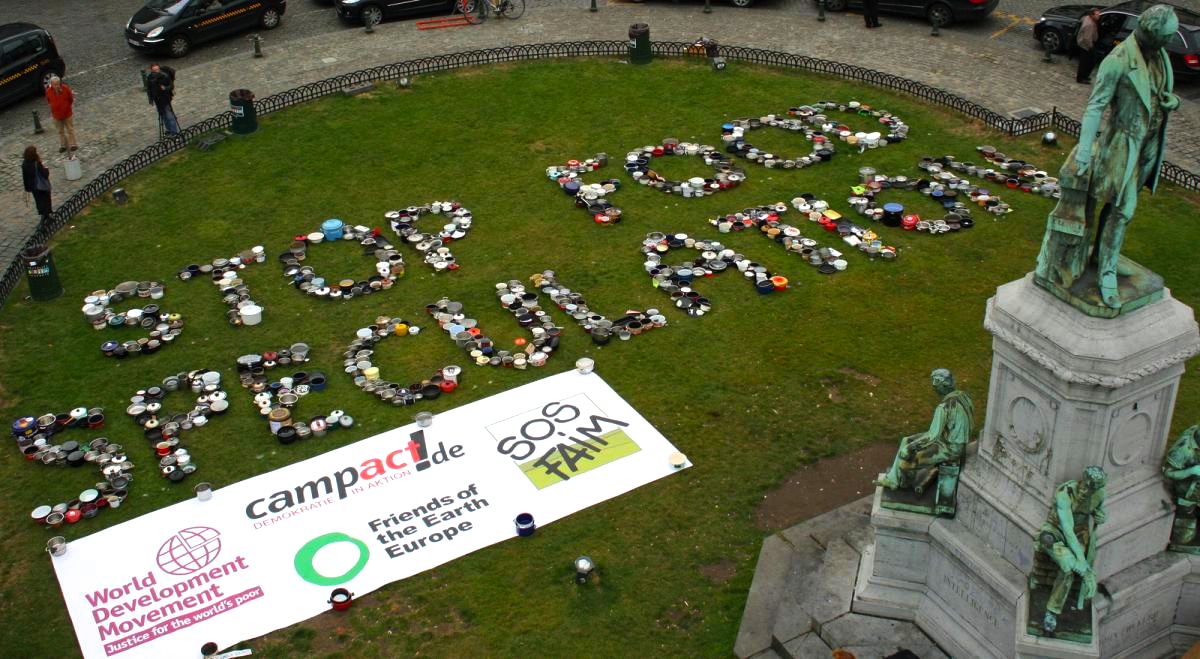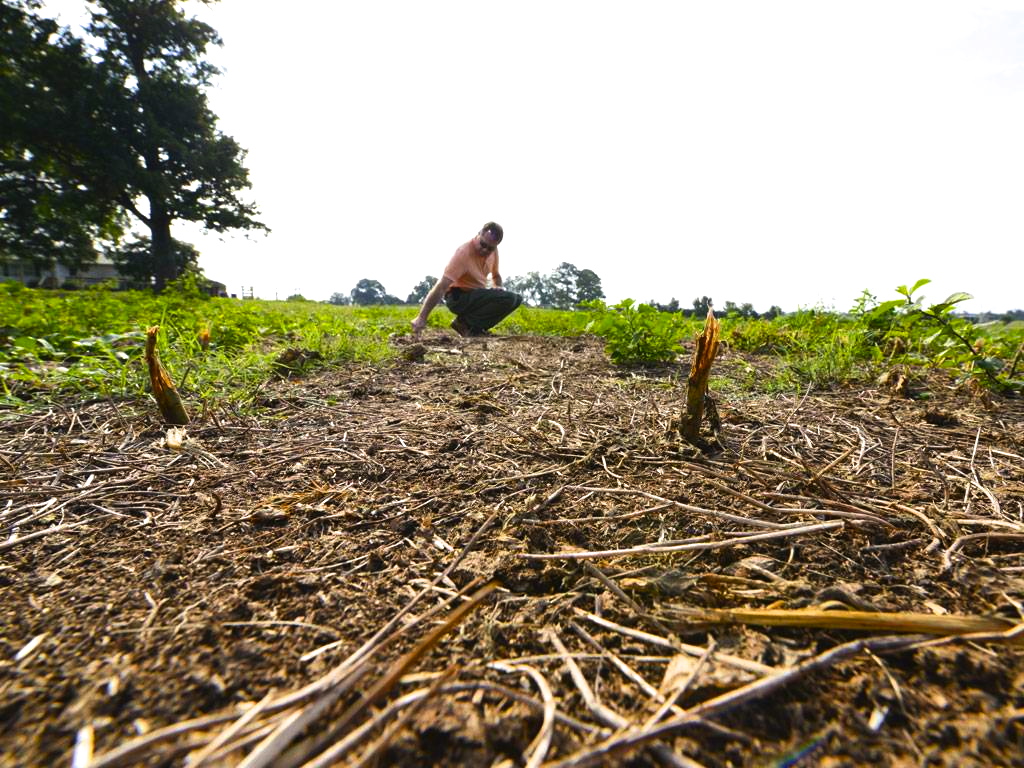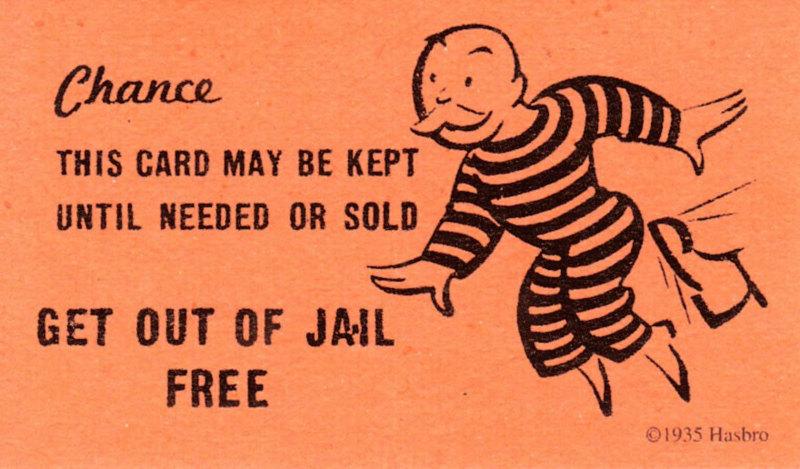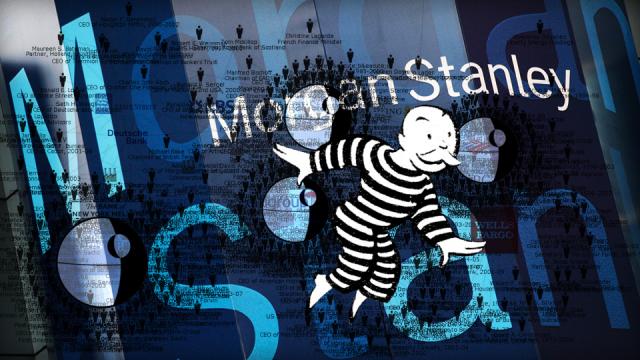
Morgan Stanley, one of the largest banks in the United States, reported a 66% increase in earnings in July over the same period last year. Morgan Stanley had taken more than $107 billion of U.S. taxpayer money through the bailout programs in the wake of the financial crisis that it helped to create, making it the largest U.S. recipient of bailout funds.
Like the other big banks, Morgan Stanley had been busy paying settlements for the massive criminal fraud conspiracies it engaged in, particularly related to the housing crisis. In 2011, the banks came to a $40 million settlement with the state of Nevada over mortgage fraud.
In 2012, Morgan Stanley paid a settlement of $4.8 million regarding electricity price-fixing charges leveled against the bank in New York State, costing consumers roughly $300 million, after generating $22 million in revenue for the bank. In a settlement over foreclosure fraud in 2013, the bank along with Goldman Sachs agreed to pay $557 million to more than 200,000 homeowners who had been foreclosed on.
A former real estate executive for Morgan Stanley pleaded guilty in 2012 to violating anti-corruption laws, and was “charged with secretly acquiring millions of dollars’ worth of property investments for himself and a Chinese government official." In 2012, one Morgan Stanley executive was charged with a hate crime for using racial slurs and stabbing a cab driver of Egyptian descent, after having refused to pay the cab fare.
And yet it’s not simply enough for this financial behemoth to defraud the American public and profit from the economic crisis it helped create. It has also managed to profit from increasing hunger and land grabs across the so-called Third World. As big banks speculate on food prices, they drive the costs of food up, sparking food riots and increasing hunger across much of the world while making banks a nice profit in the process.
The three financial institutions most active in food speculation are Barclays, Goldman Sachs and Morgan Stanley. Thus, as millions more people get pushed into hunger, rest assured: Morgan Stanley will be there to swoop up the profits, as untold numbers of people get displaced and foreign investors purchase their lands at giveaway prices. In just one example, Morgan Stanley bought 40,000 hectares of land in Ukraine.
Thus, based on mortgage fraud, the housing crisis, bailouts, the food crisis and the great global land grabs, it's fair to say that Morgan Stanley is a bank seeking profits at the expense of people, the environment and the world at large. The Global Power Project investigated 24 individuals on both the executive committee and board of directors of Morgan Stanley. The most highly represented institution shared by elites at Morgan Stanley is the Council on Foreign Relations, with six individual affiliations between the two organizations.
It is followed by four mutual affiliations with McKinsey & Co., and three affiliations each between the bank and the former Merrill Lynch (now owned by Bank of America), Columbia University, the Brookings Institution, and the Peterson Institute for International Economics. Further, the bank has two individual affiliations with each of the following: the World Economic Forum, the Business Council, Merck & Co., President Obama’s Economic Recovery Advisory Board, PricewaterhouseCoopers (PwC), the Conference Board, the Bank of Tokyo-Mitsubishi UFJ, Mitsubishi UFJ Financial Group, Stanford University and Alcoa.
Meet the Elites
James P. Gorman is Chairman and CEO of Morgan Stanley, a former executive at Merrill Lynch, and a former Senior Partner at McKinsey & Co. He is a current member of the Board of Overseers of Columbia Business School, a member of the Business Council, the Partnership for New York City, the Financial Services Forum, the board of directors of the Institute of International Finance, and the International Advisory Panel of the Monetary Authority of Singapore.
Klaus Kleinfeld is on the board of directors of Morgan Stanley, and is Chairman and CEO of Alcoa, the world’s leading aluminum producer. Kleinfeld is also the former CEO of Siemens and a former director of Citigroup. He is a member of the Supervisory Board of Bayer AG, Chairman of the Board of the U.S.-Russia Business Council, a Trustee of the Conference Board, and a member of the Business Roundtable, the Board of Trustees of the Brookings Institution, the International Business Council of the World Economic Forum, the board of directors of the World Economic Forum USA, the board of directors of the U.S. Chamber of Commerce, and the Steering Committee of the Bilderberg Meetings.
Hutham S. Olayan is Senior Executive Director of the Olayan Group, President and CEO of Olayan America Corporation, and is a Trustee of the American University of Beirut. She is a member of the board of directors of the Peterson Institute for International Economics, a member of the International Board of the U.S.-Middle East Project, and a member of the International Advisory Council of the Brookings Institution. She is founding member of the Arab Bankers Association of North America, a member of the board of the MasterCard Foundation, a member of the International Advisory Board of the Blackstone Group, a member of the boards of Georgetown University and the Memorial Sloan-Kettering Cancer Center and is a Counselor of the Conference Board. Olayan is a member of the Advisory Council of the Carnegie Middle East Center and is a member of the Council on Foreign Relations.
James W. Owens is the former Chairman and CEO of Caterpillar, and a member of the board of directors of IBM, Alcoa and the Council on Foreign Relations. Owens is also Chairman of the Executive Committee of the Peterson Institute of International Economics, a Senior Advisor to Kohlberg Kravis Roberts & Co. (KKR), a former Chairman of the Executive Committee of the Business Council, and a former member of President Obama’s Economic Recovery Advisory Board. He is currently a member of the Board of Trustees of North Carolina State University.
Laura Tyson, who sits on the board of Morgan Stanley, is Professor of Global Management at the Walter A. Haas School of Business at the University of California Berkeley, and is former Dean of the London Business School and former Dean of Haas Business School. Tyson was the former National Economic Adviser to President Clinton from 1993 to 1996 and was a member of President Clinton’s National Security Council and Domestic Policy Council, as well as Chair of the White House Council of Economic Advisers. Tyson was director of the Council on Foreign Relations from 1997 to 2007, where she remains as a member, and is also a member of the MIT Corporation, as well as a former member of President Obama’s Economic Recovery Advisory Board. A Senior Advisor to McKinsey Global Institute, Credit Suisse Research Institute, The Rock Creek Group, and a Senior Fellow of the Center for American Progress, Tyson is currently a member of President Obama’s Council on Jobs and Competitiveness and has been a member of the Foreign Affairs Policy Board to the U.S. Secretary of State since 2011. She is also a member of the Advisory Council of the Brookings Institution Hamilton Project, a member of the board of AT&T, a former member of the board of Eastman Kodak Company from 1997 to 2011, and a member of the board of CB Richard Ellis and Silver Spring Network. Tyson is additionally a former director of New America Foundation, a former member of the board of the Peterson Institute of International Economics, and currently sits as a member of the Committee on Capital Markets Regulation, the Global Agenda Council of the World Economic Forum, the advisory board of Generation Investment Management and H&Q Asia Pacific, as well as a member of the National Academies’ Board on Science, Technology and Economic Policy and on the board of directors of the Committee for Responsible Federal Budget.
At Morgan Stanley, like elsewhere among the big Wall Street banks, an elite class of individuals connected through their institutional affiliations and social groups exert incredible influence over finance, corporations, the government, media, policy, educational institutions and global society at large. Regardless of the immense suffering that Morgan Stanley and its like institutions inflict on the world, so long as it is able to profit from that suffering, it considers itself safe and secure.
Too big to fail. Too big to jail. Too cancerous to care.
3 WAYS TO SHOW YOUR SUPPORT
- Log in to post comments

